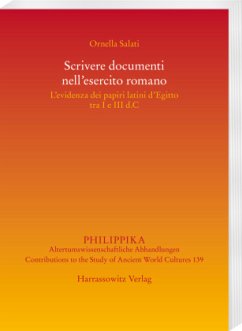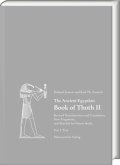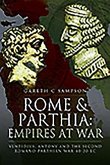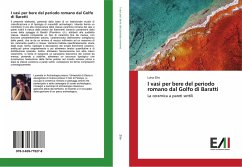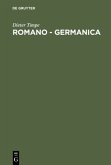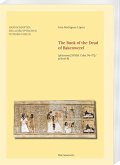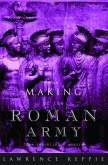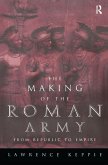The general purpose of military paperwork in the Roman army was to control and to manage the personnel, giving detailed information about compositions of the unit, status and availability of the soldiers for duty tasks, their salaries and expenses. The needs of the service called for documents highly readable that, in their form and content, show a good degree of uniformity over time and space. Although some scholars have discussed the various typologies of documents and have reconstructed the branches of military bureaucracy, until now the topic is still a field open for study. The volume by Ornella Salati aims to address the question of documents' composition in the Roman army during the first three centuries AD, analysing Latin papyri from Egypt. Particular attention is paid firstly to their layout, visual details (format of columns, blank spaces) and handwriting (capital and/or cursive); secondly their pattern, content and language (specific sentences, formulae) are discussed. Comparative evidence from other military contexts (Vindolanda in northern England, Dura Europos in southern-eastern Syria, Gholaia in north Africa) are also taken into account. Possible connections with time and space, and even with the material support are explored in order to show similarities and differences. Such comprehensive approach consents to obtain a deeper knowledge of the organization of the Roman army and of the system of writing, authentication and archiving its documents.

